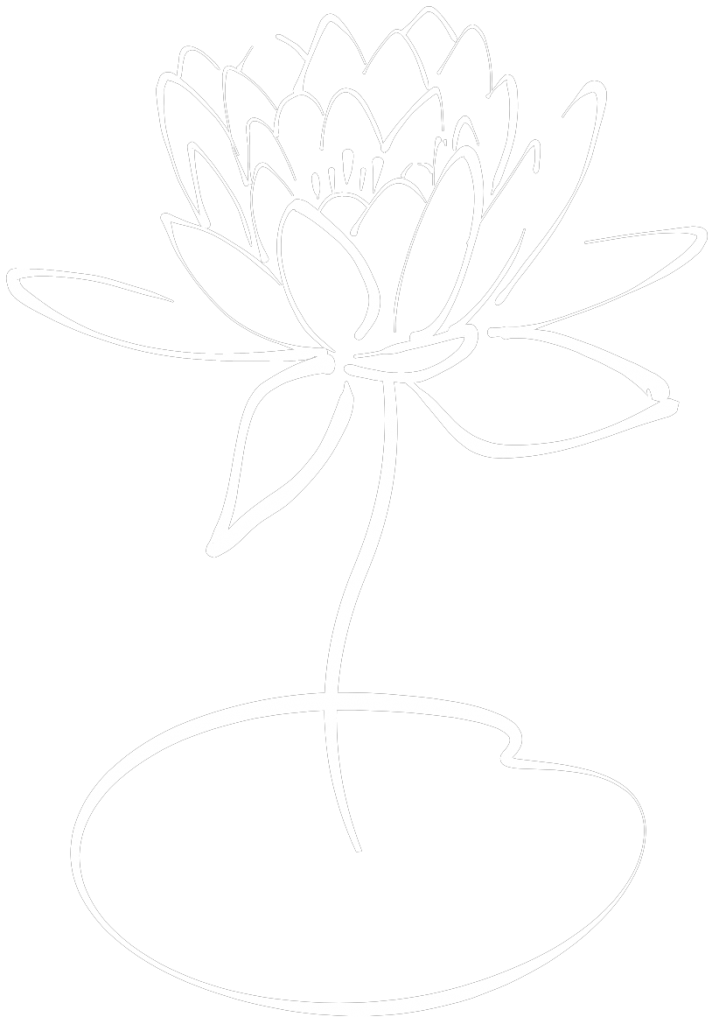COPYRIGHT CITY SANCTUARY THERAPY
No part of this website, including the blog content may be copied, duplicated or reproduced in any manner without the author’s permission.
Any information, materials, and opinions on this blog do not constitute therapy or professional advice. If you need professional help, please contact a qualified mental health practitioner.
Seasonal Affective Disorder (SAD) - Winter Depression
For many people, the onset of autumn and winter seasons also spell the beginning of long depressive episodes, that only lift in the spring or the beginning of summer. The acronym SAD -seasonal affective disorder- does indeed highlight what winter months are like for many who are prone to seasonal changes in mood.
Winter depression is as a form of depression that typically manifest during the cold winter seasons, and resolves in the warmer months. People who live in climates with distinctive differences in seasonal weathers are likely to experience SAD, than those who live in warmer climates, with warmer winters.
Changes in weather - damp and cold, days - less daylight, shorter days and longer nights- and less stimulation, where people are less likely to spend time outdoors are some the underlying factors that provoke, or heighten SAD.
For some people, the depressive pattern is cyclic over years, and it can impair one's functioning during the winter months when they are depressed. SAD can be severe enough to require treatment with medication and or therapy. However, self-care is crucial in the management of SAD- to minimise the risk of developing winter depression, and minimising the risk of SAD becoming more severe.
Winter depression has all the hallmarks of normal depression such as:
- Low mood
- Loss of interest
- Poor appetite
- Apathy- lack of interest
- Lethargy- lack of energy
- Low libido
- Increased appetite/loss of appetite
- Difficulty concentrating
- Irritability and mood swings
- Sleep disturbances
For many people who suffer from winter depression, cravings for sweets and sugary foods is another symptom they have to cope with. If not, one tends to comfort eat as a way of soothing the low mood. However, the side effects for this is weight gain, which does feeds into self-esteem and poor self-image- depression-self loathing.
The wet and cold weather make it more challenging to spend time outdoors, or exercise in the same way as people do in the warm summer weather. This exacerbates weight gain. For many people it take months to shift this weight over the summer months; however, as soon as the winter starts, they go back into the same cycle.
Causes of SAD
Winter depression is poorly understood. However, there is a link to the production of serotonin which is depleted due to the lack of sunshine (vitamin D) in the winter. Vitamin D is essential to the body's natural function and to our well being overall. It helps the body build bones, muscle, and tissue reparation, and it is key to skin health. It also helps with building a stronger immune system which is key in fighting germs and other harmful bacteria. High levels of melatonin which affects sleep has also been linked to winter depression.
For those who are prone to wonder depression, there are many ways to look after yourself during the winter months, and beat the winter blues!
Here are some of the tips:
- Make some lifestyle changes- diet, exercise and sleep
- Have a routine where are you don’t spend all day indoors
- Maintain a healthy diet
- Have a dose of vitamin D when you can-catch the sun light when the sun is out- sunbath
- Eat foods high in vitamin D such as oily fish, egg yolks, red meat, and liver
- Curb any cravings for sugary and sweet foods by eating other healthier alternatives such as fruit
- Go out for walks when there is daylight
- Spend time around family, friends, and other people
- Join a sports club if you can, where you can do at indoors activities
- Meal preparation is helpful to keep on top of unhealthy eating patterns or stress eating
- Exercise sleep hygiene and have a routine in your sleep
- Use a SAD Lamp therapy-solar light that produces bright light as a supplement of sunlight vitamin D
- Avoid spending loads of time watching negative news on social media. Absorbing the negative content can have a negative impact on your mental health overall
- Prioritise fluids and drink plenty of water
- Drink less alcohol
- Go on holiday somewhere warm to break the winter if you can
- Spend time away from gadgets and walk in nature
- Keep a journal and jot your daily reflections to track your progress
- Take Vitamin D supplements
- See a therapist if you think your depression is not improving over time
Image Credit to: Fons Heijnsbroek
